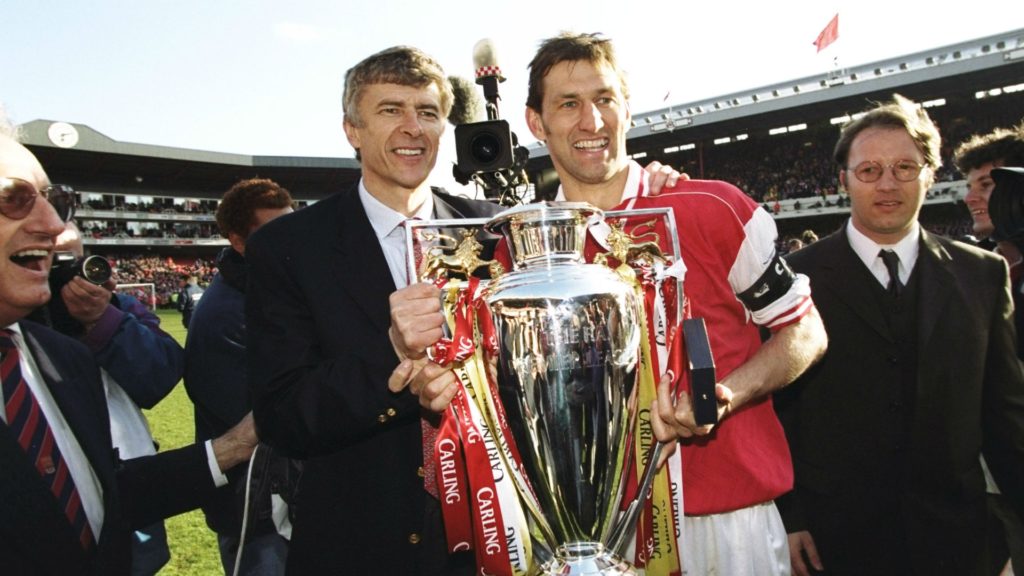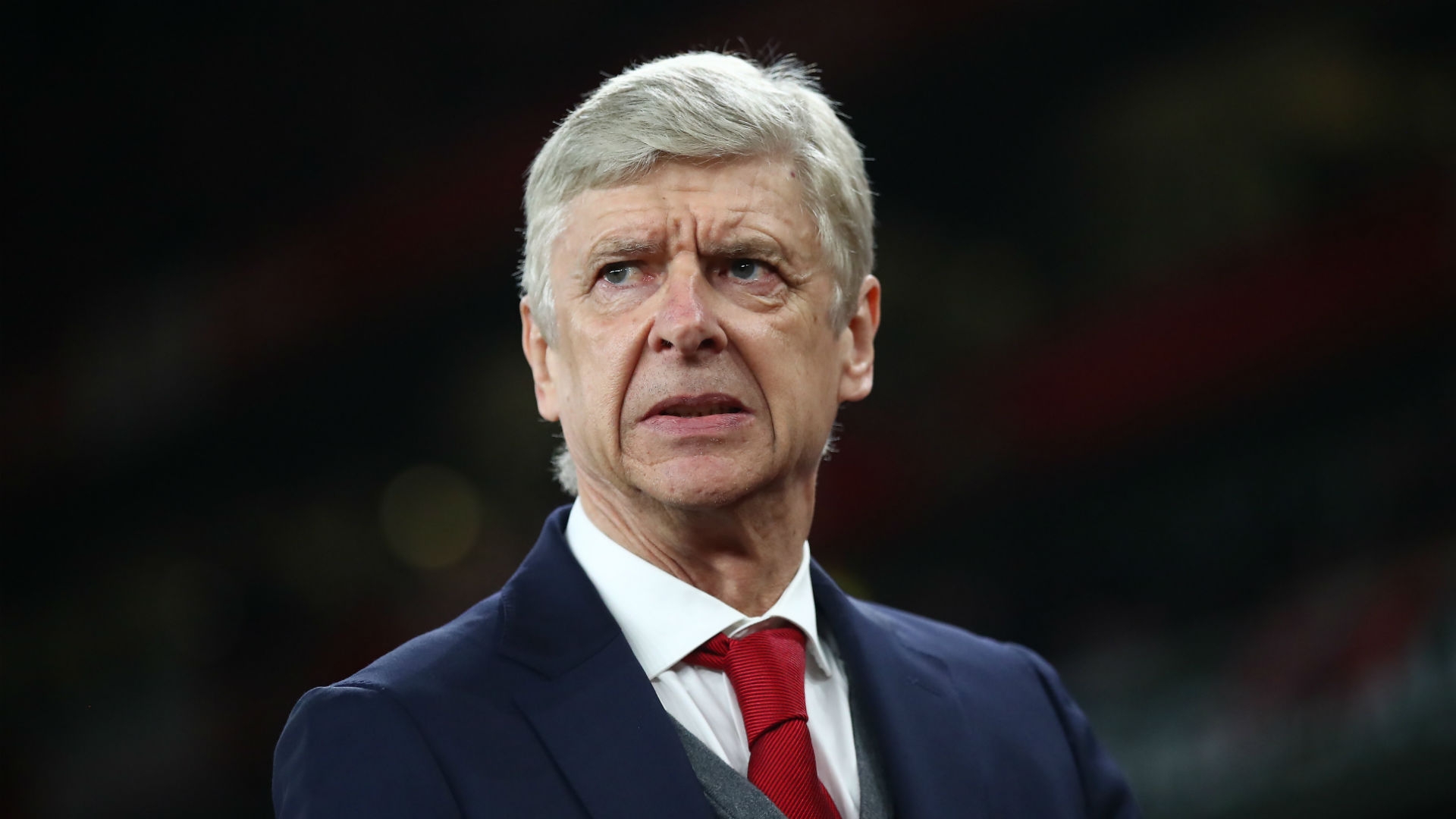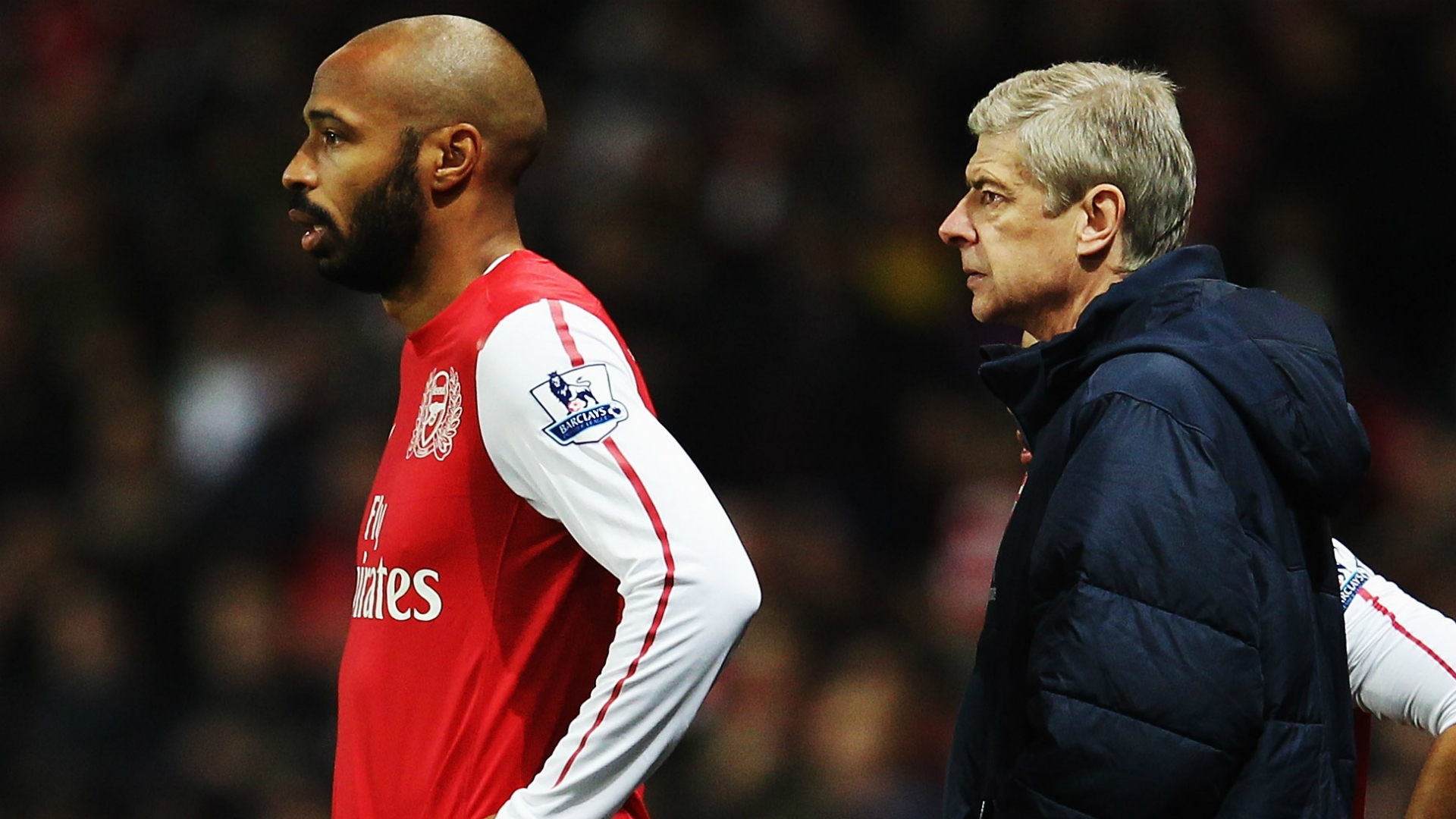Arsene Wenger has publicly confirmed his intention to step down as Arsenal manager at the end of the season. This follows an incredible 22 year career in charge of the London club, that has been marked by recent subpar results.
It’s official! Arsene Wenger will no longer be the manager of Arsenal come next season. And for all the grief he’s received from a certain segment of the Gunners’ fanbase , it still comes as a surprise. After all, throughout recent campaigns, the Frenchman had the full support of the club’s management and financial health was at an all-time high.
Wenger’s time at Arsenal has already entered the realm of Premier League folklore. Simply put, the manager was one of a handful of people that helped revolutionize the league from the 1990’s onwards. Other managers may have won more, others were more consistent, but few had the impact on a single club that Wenger had at Arsenal.
#MerciArsène pic.twitter.com/7wqOwveCfz
— Arsenal (@Arsenal) April 20, 2018
Arriving as a relative unknown in 1996, Arsene Wenger was greeted with hesitancy in London. His only notable employment to that point had been in Ligue 1, at the helm of Monaco, a team he had won the title with on one occasion.
Wenger set about reconstructing Arsenal and its playing philosophy. Putting an emphasis on youth development, reorganizing training sessions and making some excellent transfers, the manager changed the club’s fortunes. By the end of the 90’s the team was challenging for top honors, something that had not happened in years.
The Teacher won three Premier League trophies. But most Arsenal fans would argue this has simply not been enough. His most memorable achievement was the creation of the Invincibles, a team that featured the likes of T. Henry, D. Bergkamp and P. Vieira, who received their nickname following a historic unbeaten run.
Wenger’s Arsenal also won the FA Cup seven times. He never won the Champions League. Although seen as challengers at one point, in recent seasons, the Gunners seemed to move further away from this objective. It meant the start of a strained relationship with fans. Wenger grew the club into o e of Europe’s top clubs, but never managed to turn Arsenal into the continent’s best.
In the end it was ironic. Wenger’s consistent top four finishes accounted for most of the club’s current fortunes. But as expectations grew, these performances began to be seen underachievements. Then, last year, Arsenal failed to enter the Champions League and the voices of criticism became louder. Wenger has now decided to end his tenure in charge of Arsenal.
Regardless, Arsene Wenger leaves an incredible legacy at Arsenal. No matter what the team manages to achieve from this point onward, his time in charge of the club is bound to remain some of the most noteworthy in the club’s history.
















